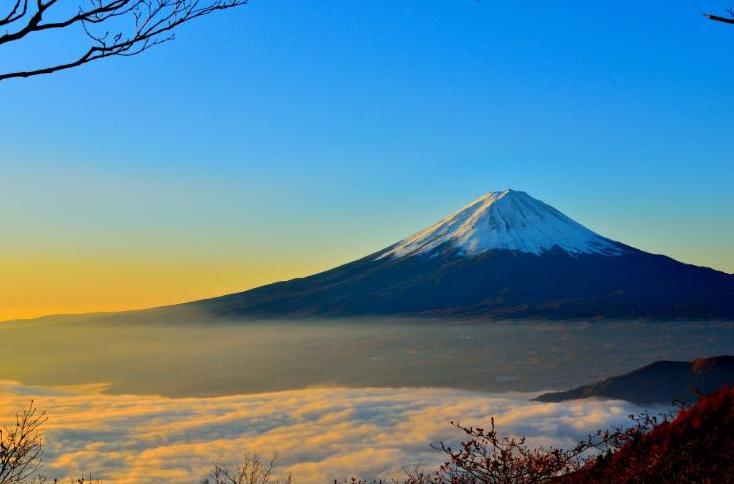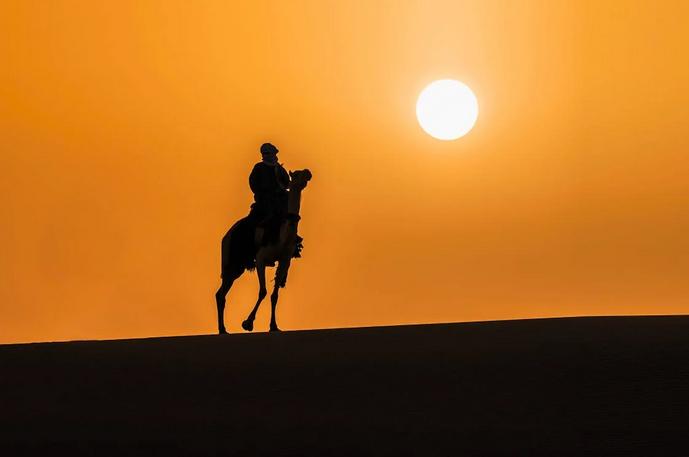
When Money Meets Spirit: How Beliefs Shape Your Wealth and Well-Being
A few years ago, a friend of mine—let’s call her Maya—confessed something over coffee.
She said, “I feel guilty whenever I make money. It’s like I’m betraying my values.”
Maya had grown up hearing that money was “worldly,” and that true spiritual life meant rejecting wealth. So even when she landed a great job, she found herself spending recklessly or undercharging for her work—almost as if she didn’t deserve financial stability.
Her struggle is more common than we realize. Many of us carry hidden spiritual beliefs about money: some that empower us, others that quietly sabotage us. And yet, money is not just currency—it is energy, a mirror of who we are, and a tool that can either chain us or free us.
As Lynne Twist once said:
“Money is a mirror of who we are, and what we value.”
Let’s take a journey into the hidden connection between money and spirituality—through real stories, timeless wisdom, and practical steps you can use to reshape your relationship with wealth.
1. The Flow of Energy: A Tale of Two Wallets
When I was in college, I met two very different people. One was constantly clutching their wallet, worried about every dollar spent. The other seemed relaxed, always willing to share or treat others, even though they weren’t rich.
The first person lived in a constant state of scarcity—believing there was “never enough.” The second trusted that money would flow back somehow, and it usually did.
That’s when I stumbled on Deepak Chopra’s perspective:
“Money is life energy that we exchange and use as a result of the service we provide to the universe.”
It clicked. Money isn’t about hoarding or spending recklessly—it’s about flow. When we let fear dam it up, life feels small. When we let it move with purpose, it nourishes.
2. Inherited Beliefs: What Your Childhood Taught You About Wealth
Think back for a moment: what did your parents or community teach you about money?
- Maybe you heard phrases like, “Money doesn’t grow on trees,” or “Rich people are greedy.”
- Or perhaps you were taught that money was a sign of blessing or divine favor.
These early lessons stick. In Maya’s case, her spiritual background made her equate wealth with selfishness. In my own family, money was seen as safety—we saved everything, but sometimes at the cost of enjoying life.
Different faiths echo these patterns too:
- Christianity warns, “The love of money is the root of all evil” (1 Timothy 6:10).
- Hinduism honors Lakshmi, the goddess of prosperity, teaching that wealth can be sacred when used with balance.
- Buddhism encourages detachment—money itself isn’t bad, but clinging to it causes suffering.
Whether we know it or not, these beliefs shape every financial choice we make.
3. Scarcity vs. Abundance: A Personal Turning Point
I’ll never forget my first paycheck at a “real” job. I looked at the amount and thought: It’s not enough.
That single thought followed me for years—no matter how much I earned, I felt behind. That’s the scarcity mindset: the belief that there will never be enough, no matter what.
But then I came across Wayne Dyer’s words:
“Abundance is not something we acquire. It is something we tune into.”
That shifted everything. Abundance is not about what you have, but how you see. I began practicing gratitude—writing down three financial blessings every night, even small ones. Soon, I noticed my stress shrinking. I felt lighter, freer.
Money hadn’t changed. I had.
4. Gratitude and the Cup of Coffee
One morning, instead of rushing, I sat with my cup of coffee and thought: How many hands made this possible?
The farmer who grew the beans. The truck driver who delivered them. The barista who brewed it. All of that, in my hands, for a few dollars.
That’s when Oprah’s wisdom rang true:
“Be thankful for what you have; you’ll end up having more. If you concentrate on what you don’t have, you will never, ever have enough.”
Gratitude turned my daily transactions into spiritual practices. Every time I pay for something now, I pause—thanking both the money leaving my hand and the value it’s bringing in return.
5. When Giving Becomes Sacred
I once met a man who tithed 10% of every paycheck—even when he was struggling. I asked him why. He smiled and said, “Because money is meant to move. The more I give, the more I remind myself that I already have enough.”
It wasn’t about superstition; it was about alignment.
The Dalai Lama puts it simply:
“Our prime purpose in this life is to help others. And if you can’t help them, at least don’t hurt them.”
When money becomes a channel for service—whether through donations, helping a friend, or supporting local businesses—it stops being a source of anxiety. It becomes an instrument of love.
6. Practical Ways to Align Money and Spirit
Here’s how you can begin transforming your relationship with money:
- Uncover Your Money Story
Journal about what you were taught growing up. Do those beliefs serve you—or hold you back? - Spend with Intention
Before buying, ask: Does this align with my values? If yes, spend with joy. If not, reconsider. - Give What You Can
Generosity isn’t about size. It’s about spirit. Even $1 given with intention carries meaning. - Create a Gratitude Ritual
Every night, note three financial blessings—from paying a bill easily to enjoying something simple. - Redefine Wealth
Remember that true wealth includes love, health, knowledge, and peace—not just bank balances.
7. The Freedom of Wanting Less
The Stoic philosopher Seneca once said:
“Wealth consists not in having great possessions, but in having few wants.”
That line struck me deeply. The more I chased “more,” the emptier I felt. But when I slowed down, appreciated what I had, and aligned money with meaning, I discovered real peace.
Maya, too, eventually found her balance. She started treating money not as a betrayal of her spirituality, but as a way to live her values more fully—donating to causes she loved, investing in her growth, and finally charging what she was worth.
Her story—and mine—reminds us that money is not the enemy of spirituality. It is its partner.
Final Thoughts
Money and spirituality are not two separate worlds. They are intertwined in every choice we make. The hidden connection lies in how we see, use, and value money.
When we treat money as energy, guided by gratitude and purpose, it becomes more than numbers. It becomes a reflection of our inner life, a tool for service, and a pathway to peace.
At the end of the day, money is not about survival alone. It is about meaning. And the truest wealth is not what sits in our accounts, but what flows from our hearts.
Please continue reading https://drlal.be/how-to-activate-the-power-within-for-success
Please visit https://drlal.dk




